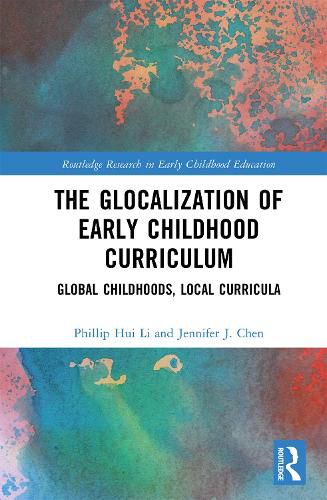With empirical evidence and theoretical critique, this book unveils the myths and debates (i.e., child-centeredness versus teacher-directedness) about early childhood curriculum, revealing their social, cultural and historical roots.
Analyzing globally advocated early childhood curricula and ideologies, such as the developmentally appropriate practice (DAP), the child-centred approach, constructivism, and globalized childhood, this book argues that the direct adoption of these contextually-bound approaches in local contexts may be inappropriate if social and cultural compatibility is lacking. The authors then examine how early childhood curriculums may be implemented in a hybrid form. Featuring case studies from American and Chinese contexts, it offers insights and recommendations for the future development and redeployment of ECC studies and practices in a post-truth era.
A valuable resource for scholars and students of early childhood education and comparative education, as well as key education stakeholders.





